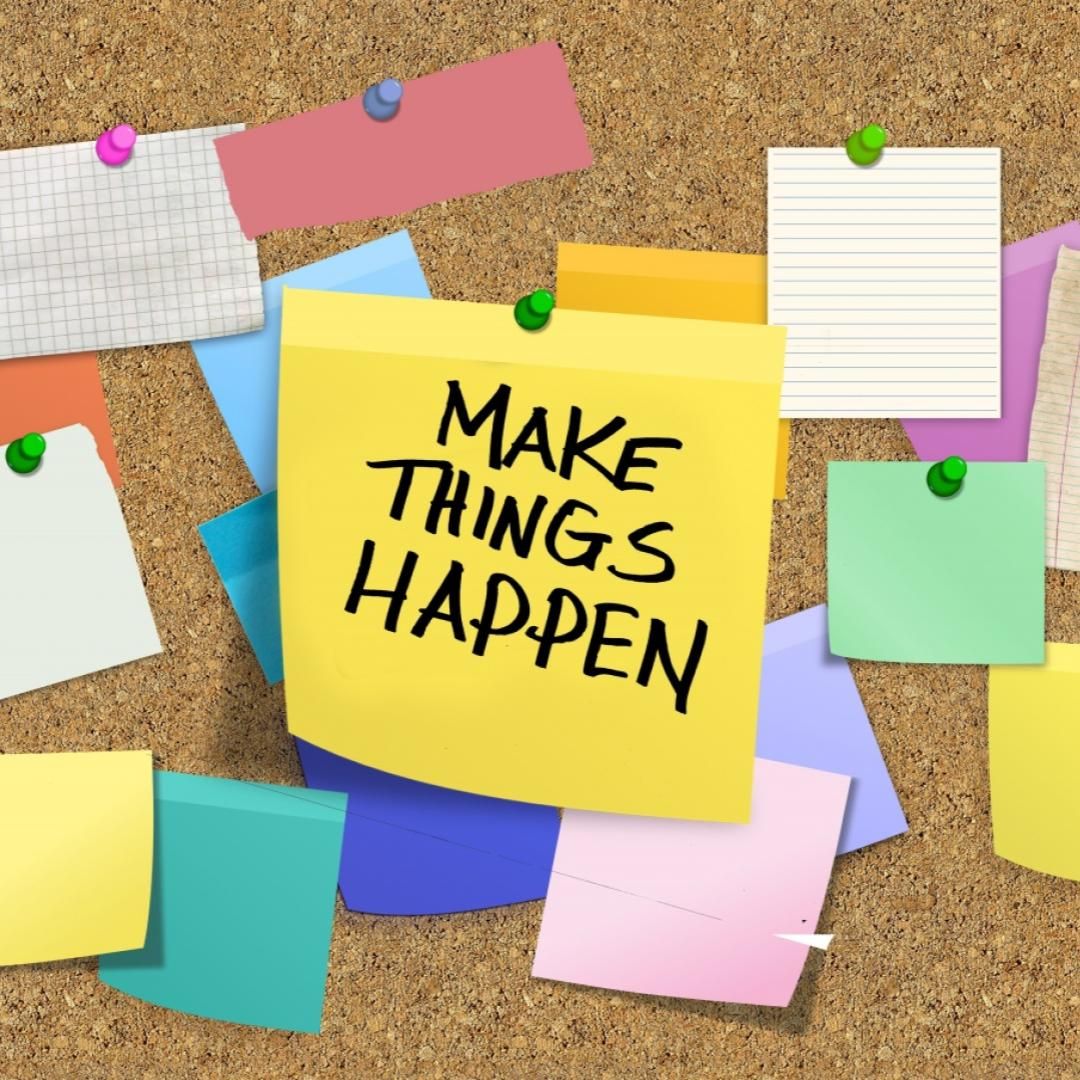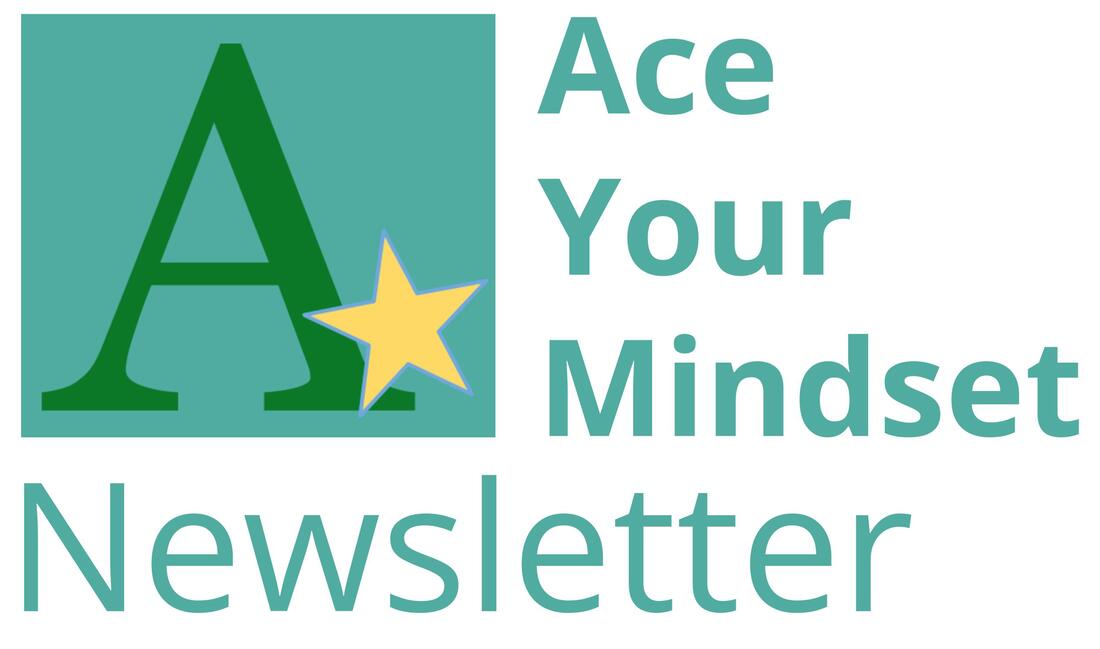How Students Benefit from Coaching
This is especially difficult for students with learning differences and their parents.
What do most parents in this situation do? They generally line up outside support. They may think to themselves, “If I help my struggling learner close their academic skill gaps, and give them organizing tools, they should be off and running, right?”
Unfortunately, adding learning differences to the mix introduces unique planning and organization challenges. Without the right tools, struggling students already know they are likely to fall behind, miss out on a percentage of their instructors’ expectations, and experience stress in association with school activity they do not know how to manage.
What if an academic problem isn’t an academic problem, but an issue of vagueness?
Students with learning differences are saddled with a vague relationship to the world and the responsibilities it demands. Without a solid way of internalizing how to generate steady progress in their pursuits, they may fall short of their potential and reinforce an internal narrative that they are just not cut out for academic success.
To learn more about how a lack of concrete mental associations creates academic hurdles for students with learning differences, read Vagueness: Hidden Barriers to Success for Neurodiverse Students.
For students with learning differences to counterbalance vagueness and truly benefit from academic coaching, these 3 key elements can concretize their experience of how academic pursuits directly benefit them:
- Motivation: Students must have the willingness to learn and participate in activities that challenge their understanding and expand their worldview.
- Consistency: Students must become accountable so they can reach goals.
- Resilience: Students must develop skills they need to handle adversity in order to achieve their potential.
How can you help a struggling student make these elements more tangible so they can gain more traction from academic support?
1. Concretize Motivation
You can help your struggling student make their experience of motivation more tangible in 2 ways.
- Mentorship: For a neurodiverse student to recognize why academic tasks should matter to them, it is beneficial for them to form a bond with a coach who can understand and validate learning issues that the student finds stressful.
- Guided independent hands-on research projects: Students with learning differences can also unearth personal motivation through scaffolded hands-on exploration into a significant project of their choosing.
To learn more about ways students with learning differences can become more invested in academic pursuits, read 2 Ways Struggling Students Can Make Motivation More Concrete.
2. Concretize Consistency
For learners to accomplish projects successfully, they require both action and traction. A neurodiverse student can develop greater tenacity by receiving mentorship on completing the whole cycle of a task, in order to understand how to do it again, and how to do it on their own. Struggling learners create a more tangible relationship with consistency by having it modeled during coaching sessions. While not every academic coach provides this level of support, it is the key to helping an individual with learning differences generate repeatable methods of managing their work with autonomy.
To learn more about how to make consistency concrete for your struggling student, read The Key to Fostering Repeatable Academic Success.
3. Concretize Resilience
Neurodiverse students continuously have their resilience tested. They become cognitively fatigued more quickly than neurotypical learners, understandably lose patience, and fall behind.
To keep on task and make traction, struggling students need to find ways to make their progress appear more immediate. They also need support to help them get back on the horse when they become discouraged. To learn specific ways to help your learner make resilience tangible, read 2 Ways to Help Struggling Learners Develop Resilience.
To overcome a lens of cognitive vagueness, neurodiverse learners must discover ways to experience their path to success as immediate, real, and visceral. Surface level approaches to coaching may save the day, but they leave struggling learners with a feeling of needing to be bailed out. If motivation, consistency, and resilience aren’t made concrete for an individual with learning differences, they run the risk of perpetually relying on support to put out fires.
Academic coaching alone is not enough to guarantee that a struggling learner will upgrade their routines and make lasting positive behavioral change. For students to internalize an image of themselves as capable of academic, professional and personal achievement, they need to develop a tangible relationship with the challenges they encounter, explore and master pragmatic approaches that yield reliable results, and discover ways to make their academic journey personally significant.
Learn more about how academic coaching can help your child realize solid academic progress. Book a free consultation now.
As an executive functioning coach and academic tutor, I specialize in helping individuals with learning differences exceed their goals for academics, organization, and college transition.







